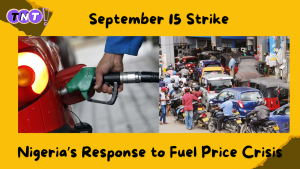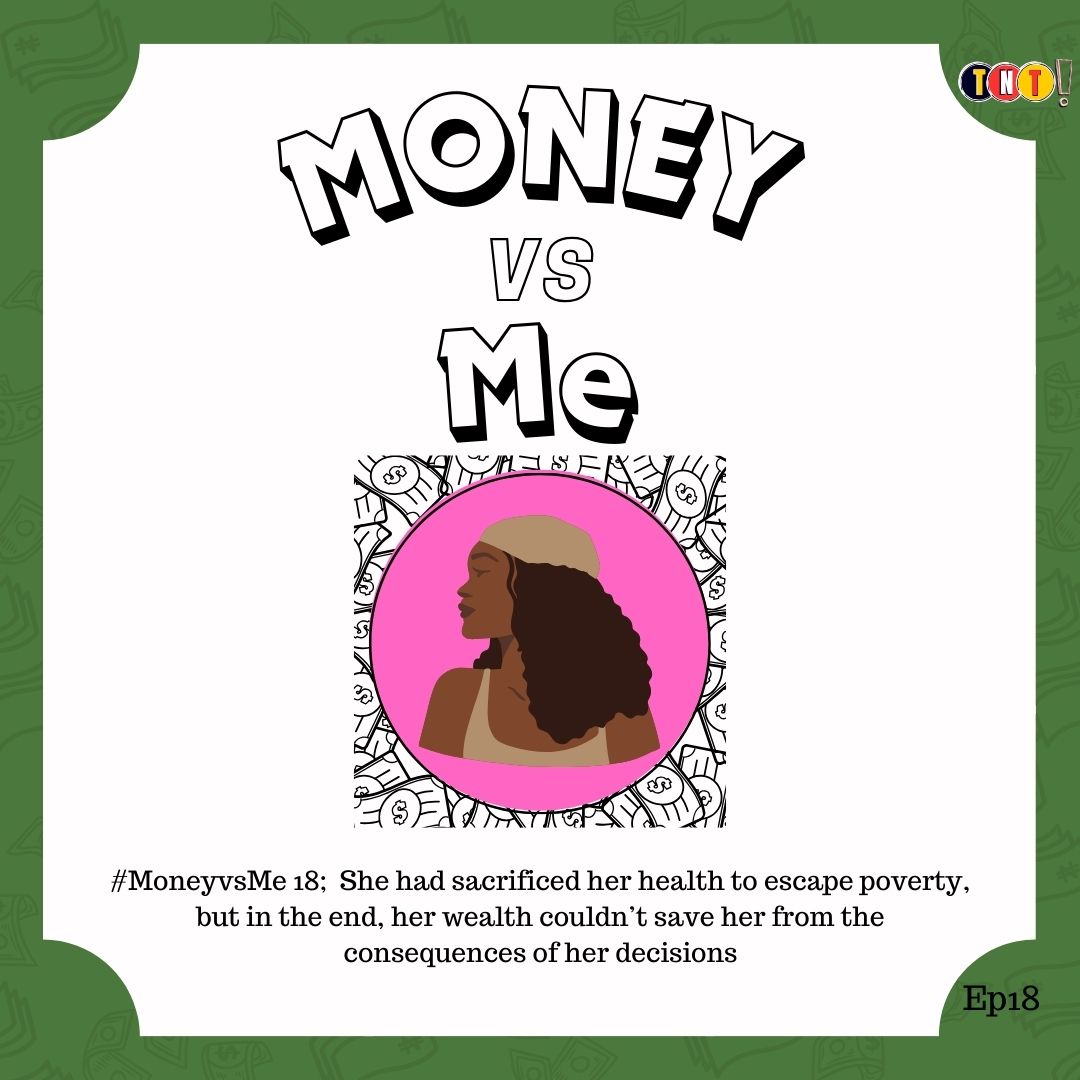
As Nigeria approaches the September 15 Strike, the country stands at a critical juncture in its response to the escalating fuel price crisis. This strike, initiated by various labor unions and civil society groups, is set to address widespread dissatisfaction with recent increases in fuel prices and the government’s handling of the situation. Here’s what you need to know about the strike, its causes, and its potential impact.
Why the Strike?
The sharp rise in fuel prices has had a significant impact on Nigerians. Commuting costs have surged, and businesses face higher operational expenses, which often lead to increased prices for everyday goods and services. For many families, these hikes strain already tight budgets, while small businesses struggle with elevated costs, potentially passing these increases onto consumers. The strike is a response to these growing economic pressures and aims to address the underlying issues.
Objectives of the Strike
The strike aims to achieve several key goals:
- Rollback of Fuel Prices: Protesters are demanding a reduction in the recently increased fuel prices, which have exacerbated financial difficulties for households and businesses.
- Government Accountability: The strike seeks to hold the government accountable for its management of fuel subsidies and energy policies, which many feel are inadequate and failing to address the public’s needs.
- Economic Relief: Strikers are calling for immediate relief measures, such as subsidies for transportation and essential goods, to help alleviate the financial burden on Nigerians.
What to Expect
- Disruptions: The strike is likely to cause significant disruptions, including potential halts in public transportation services and interruptions to business operations.
- Protests and Demonstrations: Major cities are expected to see large-scale protests and rallies as organizers push for public support and draw attention to their demands.
- Government Response: The government may respond by increasing security measures and engaging in negotiations with union leaders and civil society groups to address the concerns raised.
Impact on Daily Life
The strike will affect daily routines, potentially causing difficulties in commuting, disruptions to business activities, and temporary shortages of essential services.
Looking Ahead
As the September 15 strike approaches, staying informed about the latest developments is crucial. Effective communication and constructive dialogue between the government and the public will be key to resolving the issues and finding solutions that balance economic stability with the needs of Nigerians.
The September 15 Strike marks a pivotal moment in Nigeria’s ongoing struggle with rising fuel prices. Understanding the motivations behind the strike and preparing for its potential impacts will help individuals and businesses navigate this challenging period and contribute to finding effective solutions.



